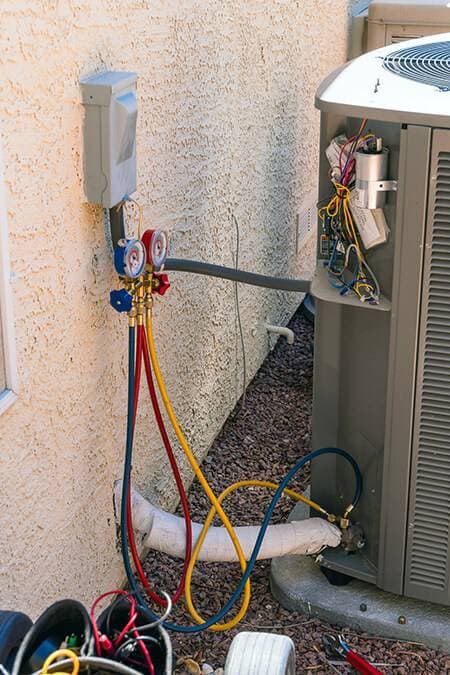 Air Conditioning
Air ConditioningYour AC Is Blowing Warm Air — Here's What's Actually Wrong
When your AC is running but not cooling, a 35-year Las Vegas HVAC veteran walks through the 7 most common causes — ranked from easy DIY checks to repairs that need a pro.
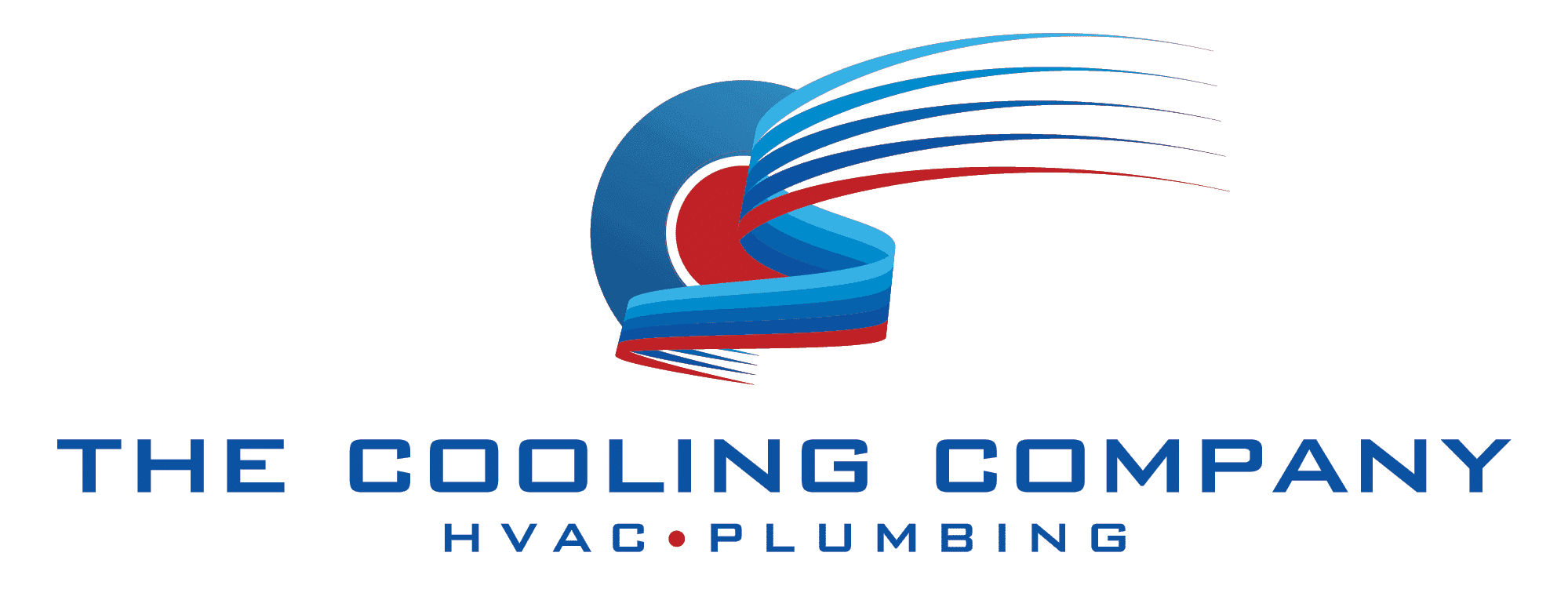

Your one-stop shop for HVAC know-how in Las Vegas — tips, fixes, and smart upgrades that actually help.
 Air Conditioning
Air ConditioningWhen your AC is running but not cooling, a 35-year Las Vegas HVAC veteran walks through the 7 most common causes — ranked from easy DIY checks to repairs that need a pro.
 HVAC
HVAC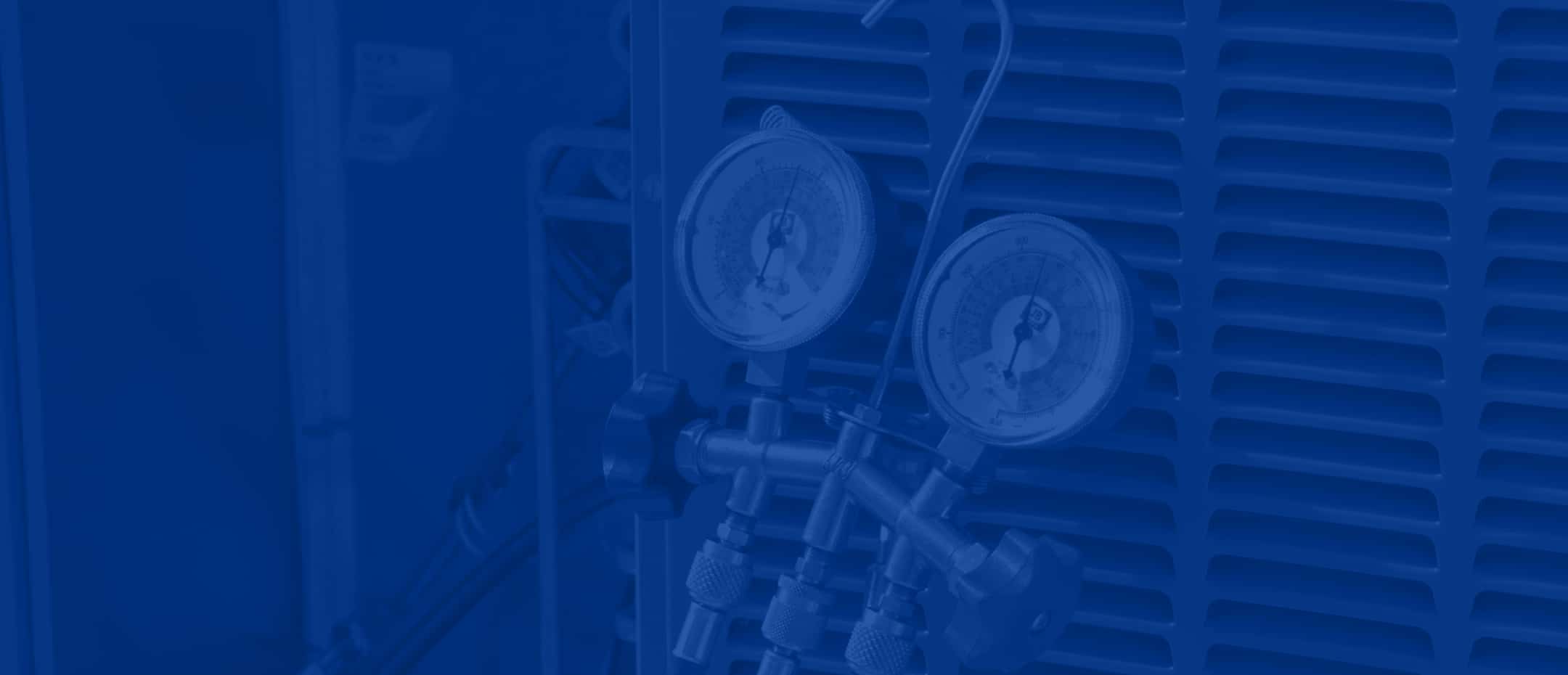 Air Conditioning
Air Conditioning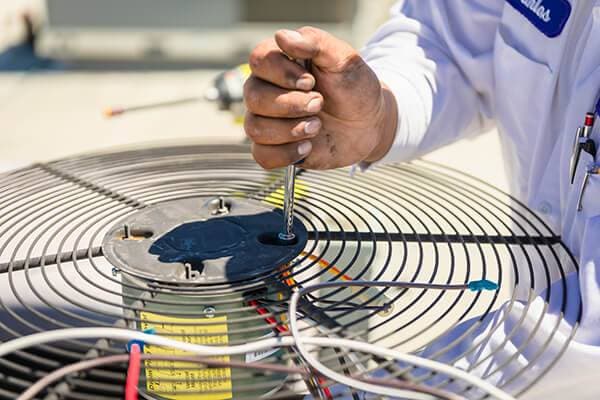
Your thermostat and your body disagree. A 35-year Las Vegas HVAC veteran explains the 8 real reasons your house feels warmer than the thermostat says — and how to fix each one.
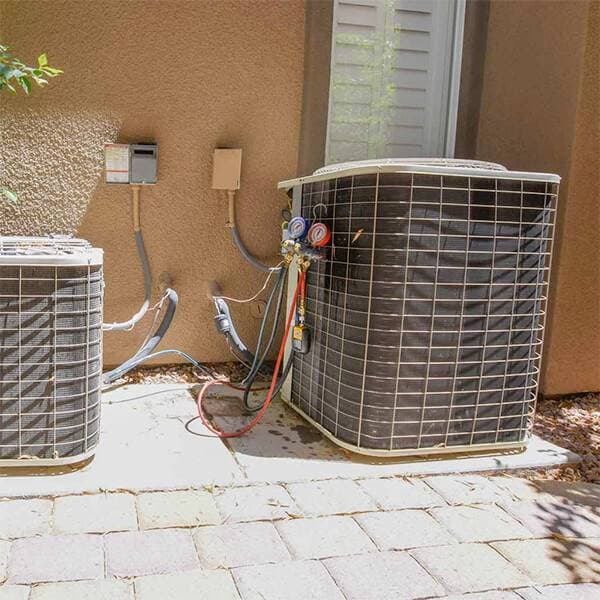
A 35-year Las Vegas HVAC veteran explains how monsoon dust storms, moisture, and power surges damage AC systems — and the specific steps that prevent thousands in repairs.

Your Las Vegas AC has been idle since October. Desert dust, pests, and component wear are quietly causing damage. Here's what to check before you turn it on.

Las Vegas desert dust, UV radiation, hard water, and 115°F heat quietly degrade your AC system year-round. A local HVAC veteran explains what to watch for.
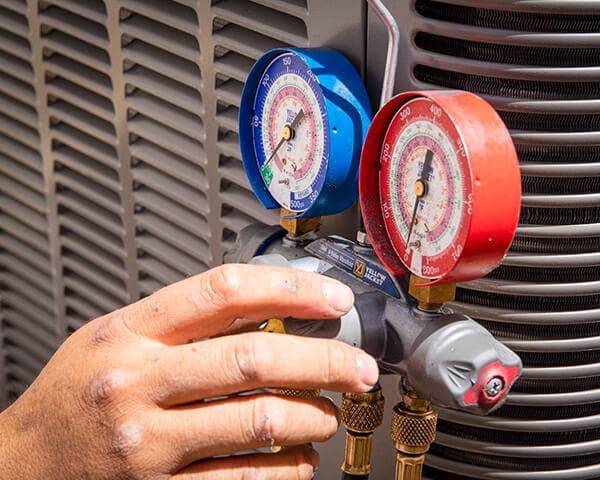
A Las Vegas HVAC veteran with 35 years of experience breaks down the 3 most common summer AC failures — and exactly how a spring tune-up prevents each one.
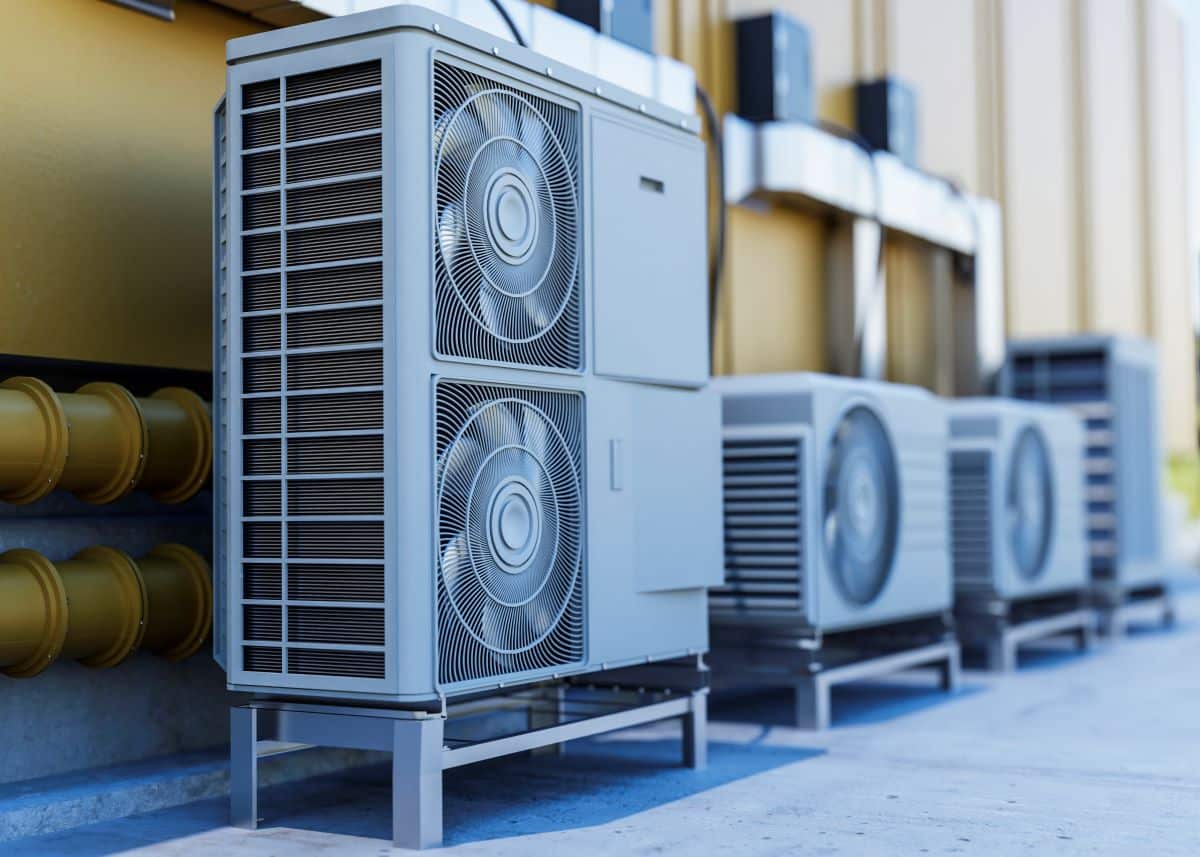
Choosing between a gas furnace and heat pump in Las Vegas? Compare costs, efficiency, lifespan, and tax credits to find the best heating system for your home and budget.

AC capacitors fail faster in Las Vegas than almost anywhere else. Learn the warning signs, what replacement costs, and why extreme desert heat is so hard on this critical component.

Choosing the wrong AC size wastes money and leaves you miserable in Las Vegas heat. Learn how tonnage, square footage, insulation, and load calculations determine the right unit for your home.

Is your AC on its last legs? These 10 warning signs tell Las Vegas homeowners when it's time to stop repairing and start replacing — plus what a new system costs in 2026.
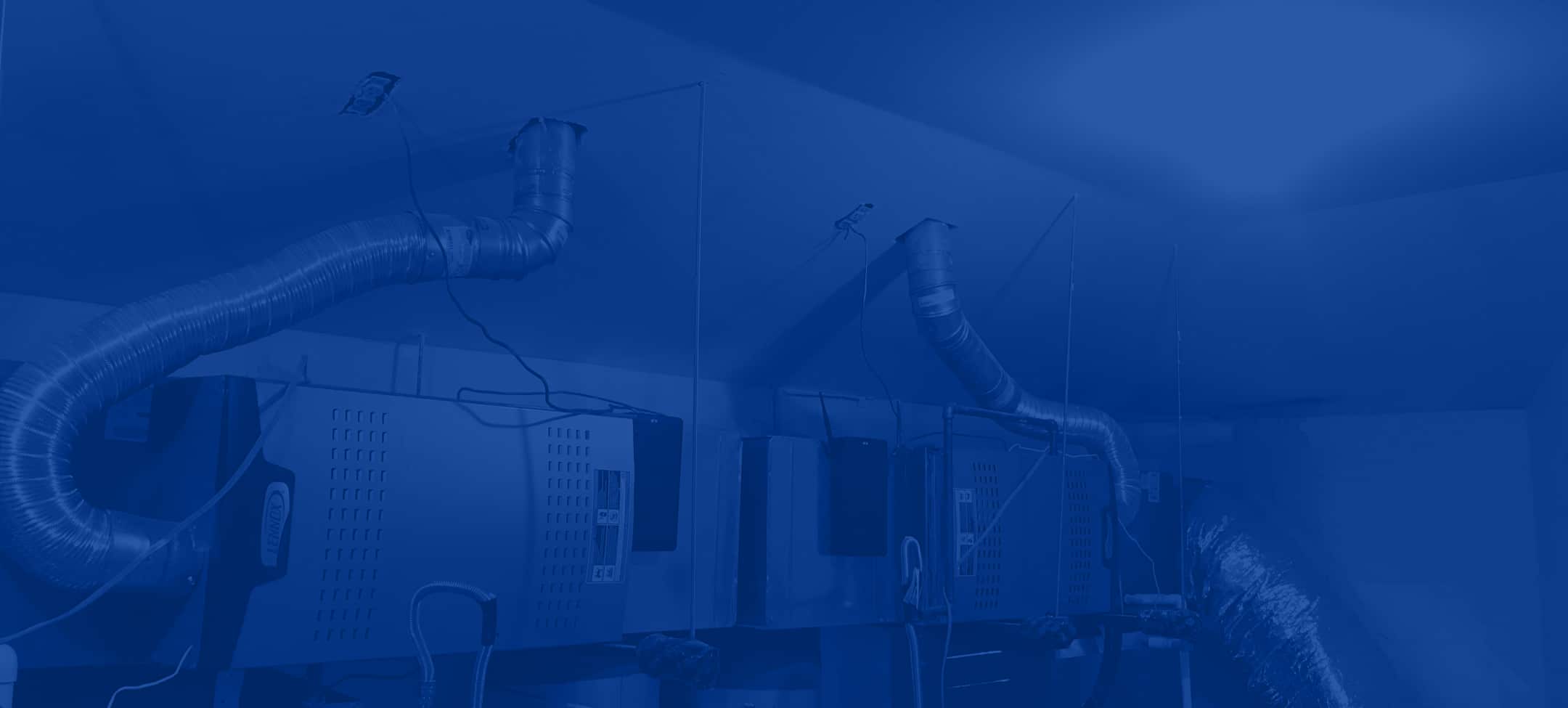
When your Las Vegas furnace won't light, the ignitor is usually the culprit. Learn what causes ignitor failure, warning signs, repair costs, and what to check before calling a technician.
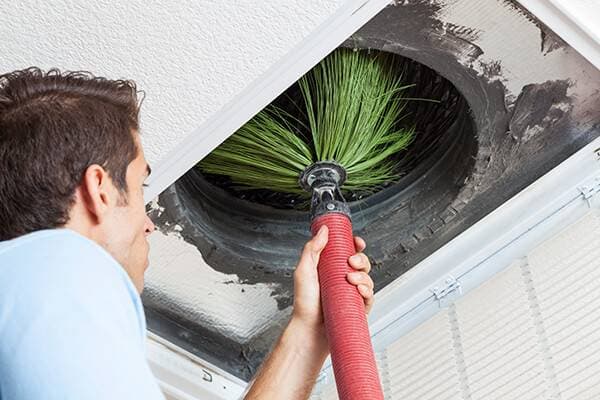
Duct cleaning gets a bad rap, and some of it is deserved. But Las Vegas homes face unique dust and allergen challenges that make professional duct cleaning genuinely worthwhile — when done right.

Month-by-month commercial HVAC maintenance checklist for Las Vegas property managers. Reduce breakdowns 40-60%, control costs, and keep tenants comfortable.

Complete guide to Las Vegas restaurant kitchen ventilation codes. Hood CFM calculations, make-up air, grease filtration, fire suppression, and health permits.

Phase-by-phase new construction HVAC timeline for Las Vegas. Load calculations, rough-in scheduling, permit timelines, and commissioning milestones for builders.

Multi-zone HVAC for Las Vegas luxury homes. Room-by-room climate control, wine cellar cooling, smart integration, and whisper-quiet master suite operation.

Complete guide to commercial packaged HVAC units in Las Vegas. 3-20 ton RTU sizing, rooftop installation, desert climate specs, maintenance, and lifespan data.

HVAC requirements for medical offices in Las Vegas — HEPA filtration, negative pressure rooms, ASHRAE 170 compliance, and infection control strategies for healthcare facilities.

Retail HVAC solutions for Las Vegas stores — air curtains, humidity control, energy management, and cooling strategies that keep customers shopping longer.

HVAC requirements for gyms and fitness centers in Las Vegas — ventilation rates, moisture control, odor management, and cooling strategies for high-occupancy spaces.

Building automation systems (BAS) and IoT for Las Vegas commercial HVAC — remote monitoring, predictive maintenance, energy dashboards, and ROI analysis.

Guide to commercial HVAC rebates in Las Vegas — NV Energy incentives, Section 179D deductions, IRA tax credits, ENERGY STAR programs, and ROI calculations.

Complete guide for HOA boards and community managers on maintaining HVAC systems in clubhouses, pools, fitness rooms, and lobbies across Las Vegas communities.

Expert guide to HVAC design for luxury custom homes in Las Vegas. Manual J/S/D, high ceilings, outdoor living, zoning, and desert climate engineering.

What to expect from commercial HVAC emergency repair in Las Vegas — response times, temporary cooling, costs, and business continuity planning for facility managers.

Complete guide to HVAC for churches and worship spaces in Las Vegas. High-ceiling cooling, acoustic systems, intermittent scheduling, and budget-friendly options.

Guide to HVAC for tenant improvement build-outs in Las Vegas. TI allowance budgeting, capacity assessments, zoning, permits, and landlord vs tenant responsibilities.
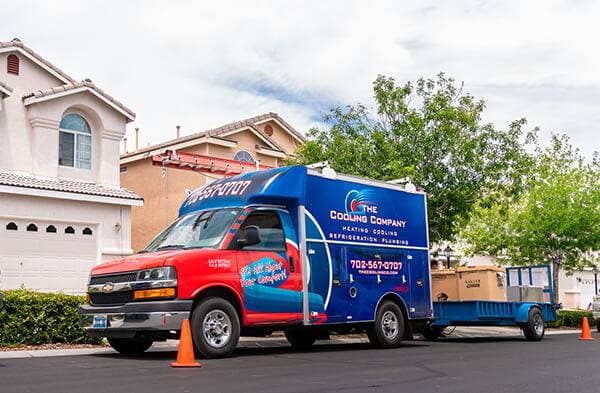
Definitive ranking of the 25 best AC brands in 2026. Expert reviews covering SEER2 efficiency, reliability, warranty, pricing, and desert climate performance.
Showing 21 of 840 articles
Our expert technicians are ready to help with all your heating, cooling, and plumbing needs. Same-day service available in Las Vegas.